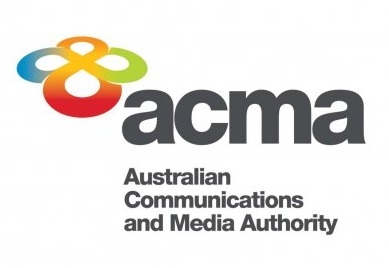ACMA releases review of captioning rules

ACMA logo
ACMA requested submissions from the public in June 2016, and the issues it looked at during the review included captioning rules for multichannels, the framework for granting captioning exemptions and target reductions to broadcasters, along with the complexity of rules for captioning on subscription television services.
The findings of ACMA’s report include:
Top of page





.png)
